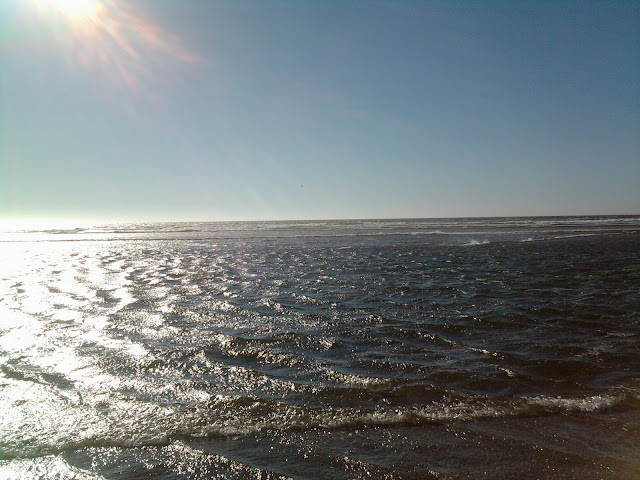
A follow-up to my
previous post.
So "the world" plays to our selfish default settings. But religions also often promote values that keep us surrounding ourselves with others who are self-same. The shared alternate values provide a balance of powers that may be a step forward for the individual who is hoping to escape a desire fulfillment prison but to be truly other centered or just to be able to understand and relate to diverse people, you have to spend time with them, and focus your energies on it. And
know thyself.
To an extent this is what Jesus did, headed out and spent time with tax collectors, sinners, Samaritan women, loved his enemies, etc. But then we get phrases like “do not be yoked with unbelievers” coupled with (species preserving?) protective thinking which makes Christianity resemble just another in-group. To my mind, a properly Christian view of the world
does seek to understand and relate to others but it has its limits. For instance, it lacks the resources to advocate a thorough existential exploration of opposing viewpoints.
Along with spending time with communities with divergent values there’s practicing regress-- assuming the truth of a perspective or belief in order to understand it. For all of us I assume the exercise is a pretense but there’s nothing in the perspective I operate from that would keep me from participating in explorations as thoroughly as possible. The kooky consilience is that these attempts to love and understand one another can coincide with a pursuit of objectivity akin to Nz’s perspectivism.
This synthesis makes sense to me, well, coupled with a willingness to play outside the lines. And a willingness just to be. And Listen. And Epochè. And Silence.






